I really thought I knew you, but I guess I thought wrong

I really thought I knew you, but I guess I thought wrong
Language is a powerful tool that allows us to communicate our thoughts, feelings, and ideas with others. We rely on words to express ourselves, to connect with those around us, and to make sense of the world. But what happens when we realize that the words we thought we knew don't quite capture the full depth of our experiences or emotions?"I really thought I knew you, but I guess I thought wrong" is a sentiment that many of us have likely experienced at some point in our lives. It's that moment when we realize that the words we've been using to describe someone or something don't quite match up with the reality of the situation. Maybe we thought we knew a person inside and out, only to discover that there are hidden depths to them that we never knew existed. Or perhaps we thought we understood a concept or idea, only to realize that our understanding was superficial at best.
In the context of not knowing words, this sentiment takes on a whole new level of complexity. Words are our primary means of communication, but they can also be limiting in their ability to fully capture the nuances of our experiences. We may think we know a word and what it means, but as we delve deeper into its usage and connotations, we realize that our understanding was incomplete.
For example, take the word "love." We use this word to express a wide range of emotions, from romantic affection to deep familial bonds. But the word itself can never fully encapsulate the complexity of human relationships and emotions. When we say "I love you," what exactly do we mean? Do we mean that we care deeply for someone, that we are willing to sacrifice for them, that we feel a sense of connection and belonging with them? The word "love" can only hint at the depth of our feelings, leaving much unsaid and unexplored.

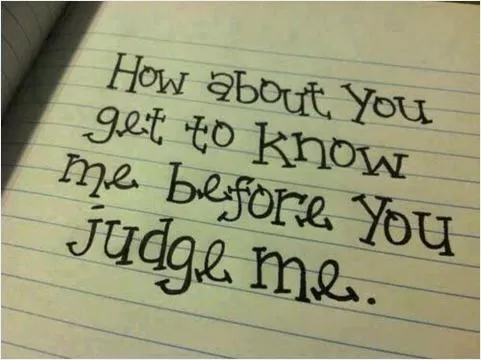
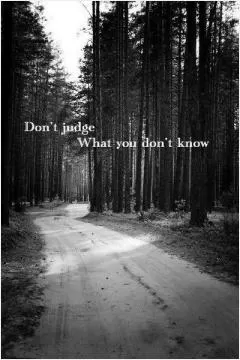
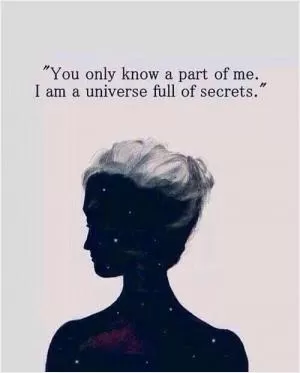

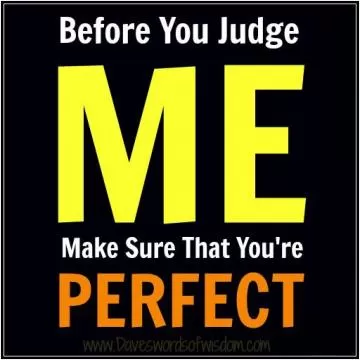
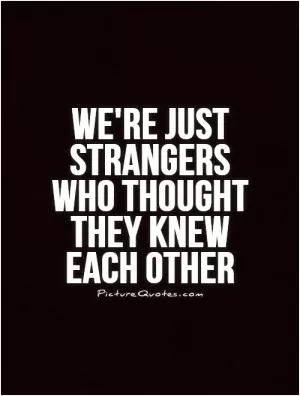
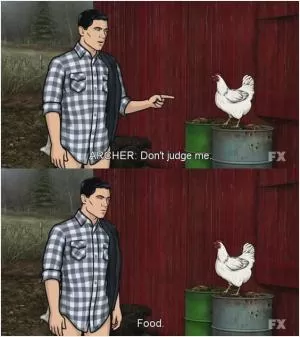
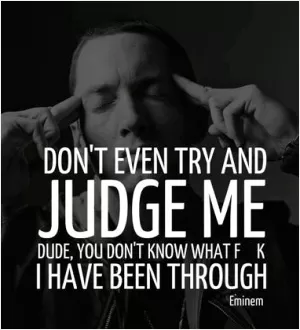


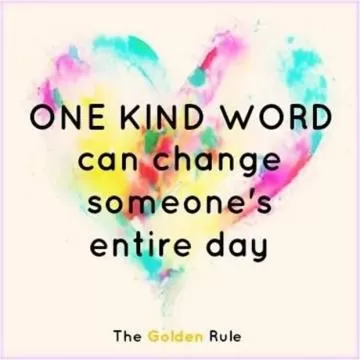
 Friendship Quotes
Friendship Quotes Love Quotes
Love Quotes Life Quotes
Life Quotes Funny Quotes
Funny Quotes Motivational Quotes
Motivational Quotes Inspirational Quotes
Inspirational Quotes